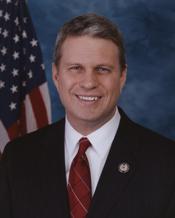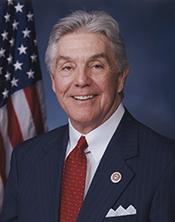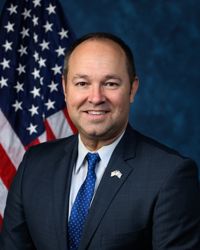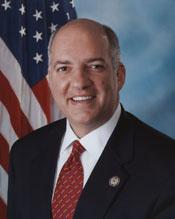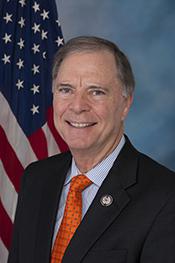0
Federal Reserve Accountability and Transparency Act of 2014
3/14/2024, 12:48 PM
Congressional Summary of HR 5018
Federal Reserve Accountability and Transparency Act of 2014 - Amends the Federal Reserve Act (FRA) to direct the Chairman of the Federal Open Market Committee (FOMC) to submit to the Comptroller General (GAO) and to certain congressional committees a Directive Policy Rule (DPR), including an identification of FOMC members who voted in its favor.
Defines DPR as a policy rule developed by the FOMC that meets specified requirements and provides the basis for the Open Market Operations Directive.
Directs GAO to study whether the DPR has materially changed, audit any materially changed DPR, and report to certain congressional committees on whether the ensuing DPR and the FOMC are in compliance with this Act.
Requires the Chairman of the Board of Governors of the Federal Reserve System (Federal Reserve Board) to testify before certain congressional committees as to why non-compliance with this Act, if any, exists.
Establishes a one-week blackout period during which permissible public communications by FOMC members and staff are restricted with respect to: (1) macroeconomic or financial developments; or (2) current, or prospective monetary policy issues.
Amends the Dodd-Frank Wall Street Reform and Consumer Protection Act (Dodd-Frank) to direct the Federal Reserve Board to issue regulations, after public notice and comment, that provide for the at least three different sets of conditions (baseline, adverse, and severely adverse) and related methodologies required under current law for the evaluation of nonbank financial companies and certain bank holding companies with over $50 billion in assets.
Directs the Federal Reserve Board to disclose publicly the aggregate number of supervisory letters sent to such bank holding companies, including the aggregate number of such letters designated as either "Matters Requiring Attention" or "Matters Requiring Immediate Attention."
Increases from semi-annual to quarterly the number of times the Chairman of the Federal Reserve Board is required to give testimony to Congress.
Amends the FRA to require the Vice Chairman for Supervision to give written testimony on the status of all pending and anticipated rulemakings made by the Board.
Requires the Federal Reserve Board, before issuing any regulation, to assess the costs and benefits of available regulatory alternatives and choose the approach that maximizes net benefits and is tailored to impose the least impact on the availability of credit, economic growth, and the least burden on society.
Prescribes the contents of a post-adoption impact assessment plan the Board must develop whenever it adopts or amends a major rule.
Amends the FRA to prescribe ethics standards governing Federal Reserve Board members and employees, including requirements for disclosure of staff salaries and financial information.
Prescribes requirements for Federal Reserve Board negotiations with any foreign or multinational entity.
Amends the Federal Deposit Insurance Act to prescribe requirements for negotiations by the Board of Directors of the Federal Deposit Insurance Corporation (FDIC) with any foreign or multinational entity.
Directs the Secretary of the Treasury, as a prerequisite to entering into negotiations with any foreign or multinational entity, to notify and consult with certain congressional committees regarding the nature of the agreement and its anticipated effects upon the economy.
